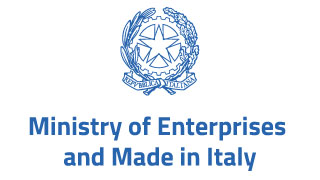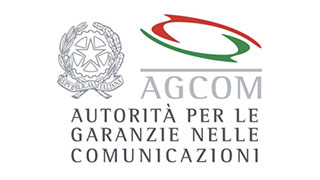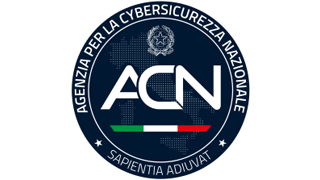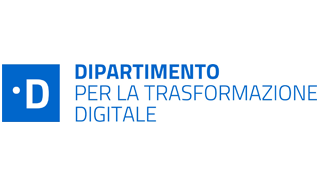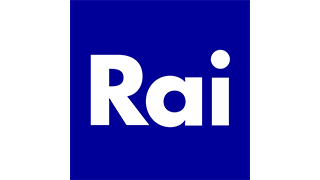Home page

Open
Our thematic Areas

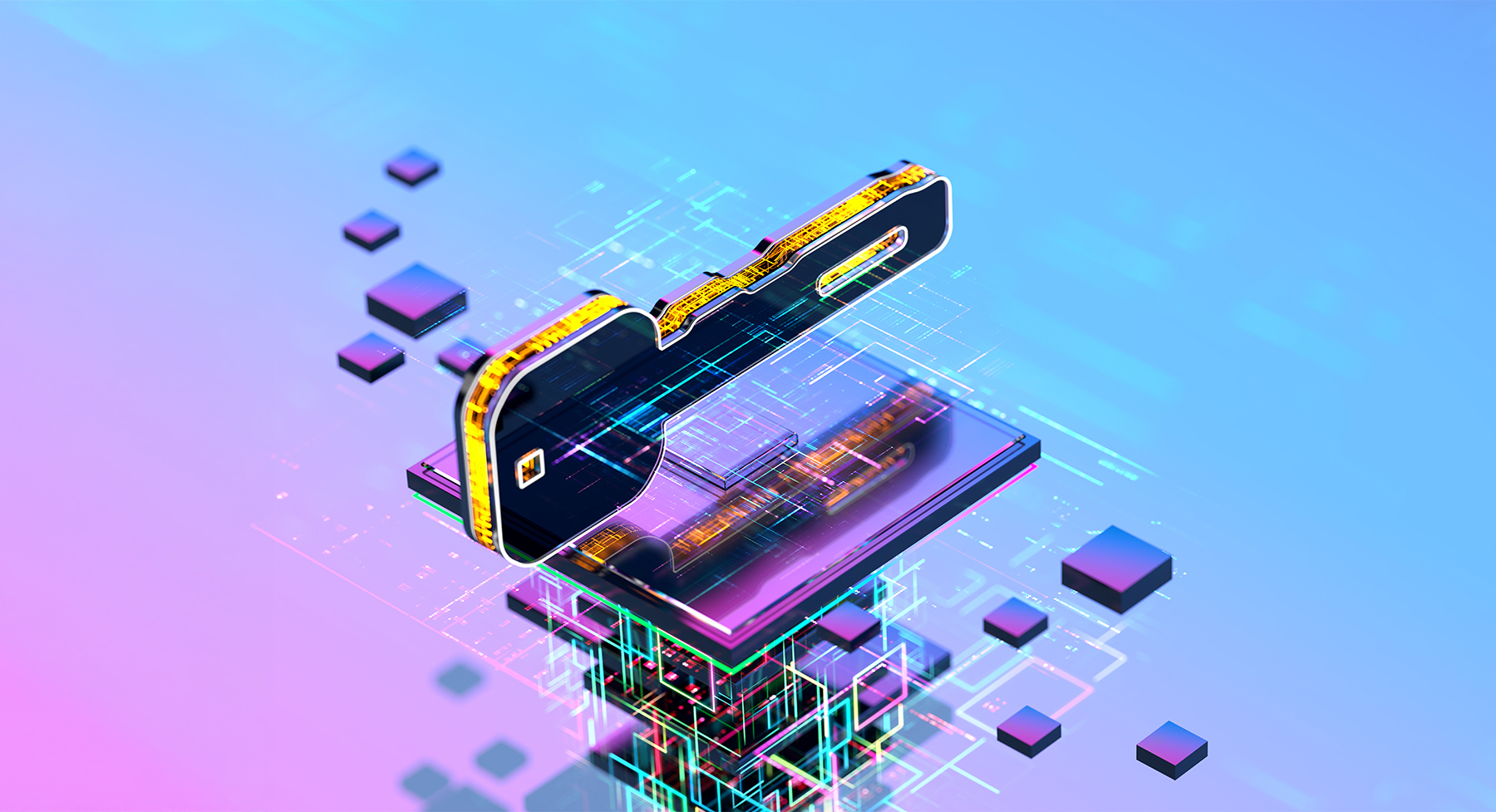

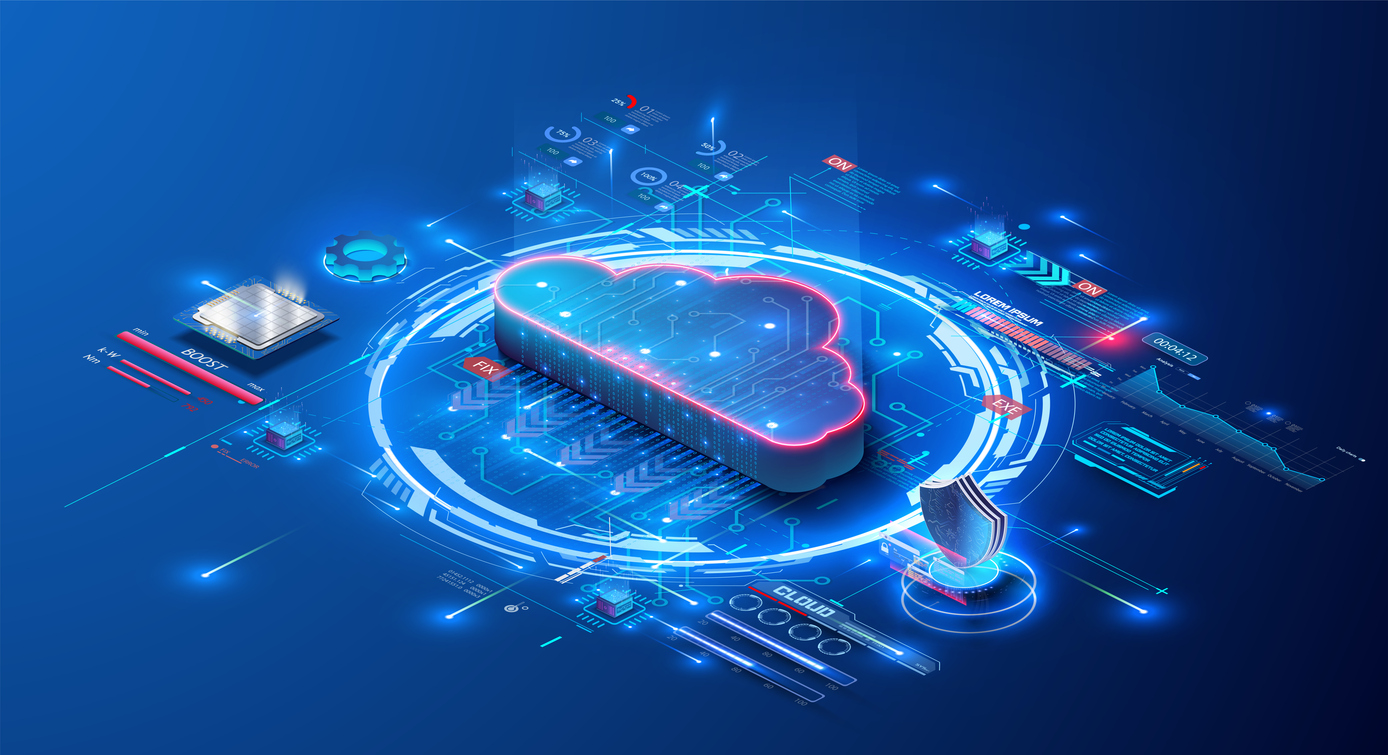
The Telecommunications Area integrates expertise in fixed, mobile and broadcasting networks (radio and television broadcasters) with the cutting-edge solutions for next-generation networks. With an innovation-driven approach, it addresses strategic topics such as 6G, smart radio spectrum management, service quality, electromagnetic fields, and the integration of satellite and terrestrial networks.
DiscoverThe Cybersecurity Area addresses the challenges of the digital world – marked by increasingly sophisticated threats – with a strategic vision, multidisciplinary expertise, and a strong network of collaborations. Focusing on key technologies such as 5G, the Internet of Things (IoT), cloud, AI and quantum-safe cryptography, the Area carries out activities to protect data, networks and critical infrastructures.
DiscoverThe New Technologies Area combines research, technical and scientific analysis and strategic consulting to support institutions and businesses for the adoption of enabling technologies. With a multidisciplinary approach and a strong focus on technological and economic impacts, it analyzes innovative solutions in AI, Quantum Technologies, Cloud and IoT, which are transforming industrial and social processes.
DiscoverThe Cloud and Data Area researches and defines innovative strategies to contribute to the country's digital transformation. Focusing on the cloud-edge continuum, digital sovereignty, data governance, and AI-driven analytics, it promotes advanced solutions for technological independence, enhancing the value of public information assets and supporting the migration of the Public Administration to the cloud.
DiscoverOur specialized Units
Communication
Innovation HUB
Operational Support for Public Administration
Digital Transformation and IT Services
Discover all the business units


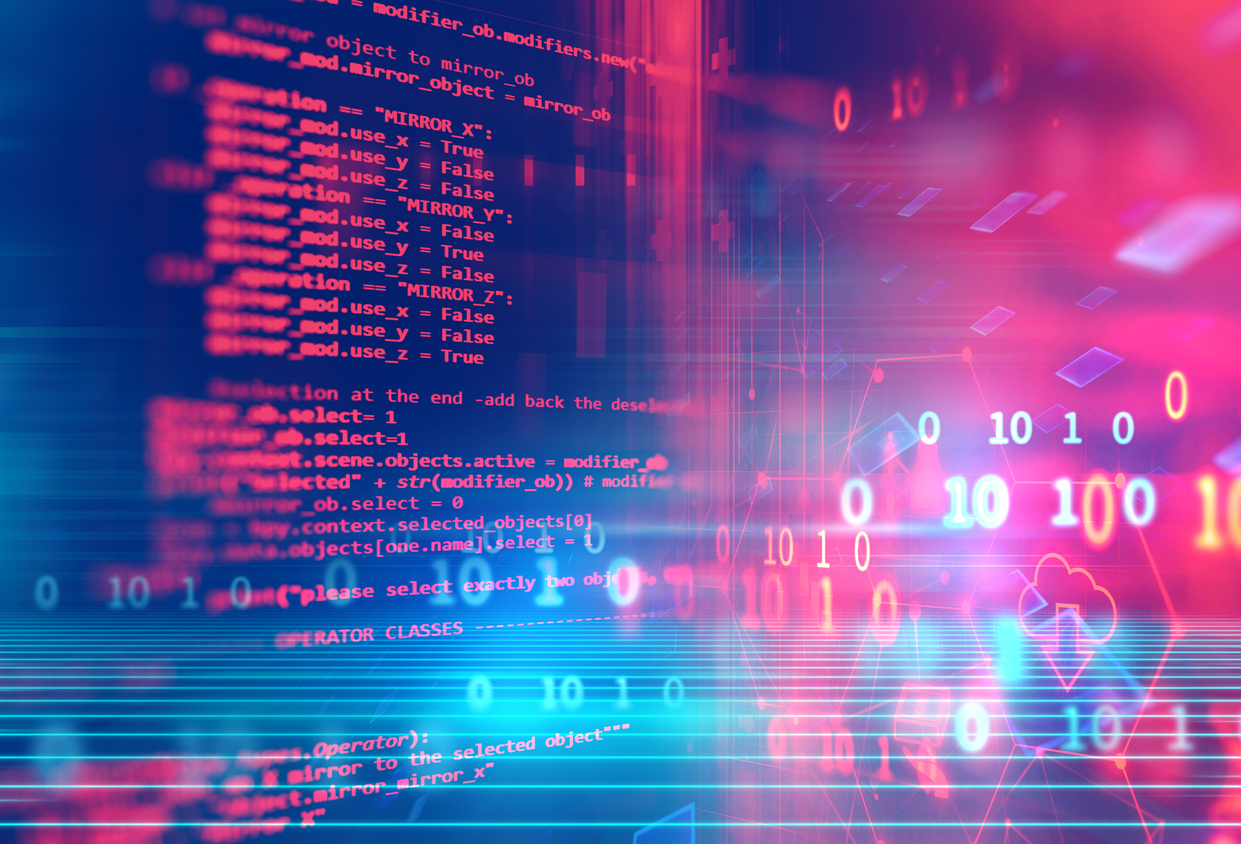
The Communication Unit is responsible for FUB’s external communication. Its tasks include managing the press office, coordinating institutional identity, and organizing events. Combining expertise in content strategy, graphic design, and web design, it develops strategic communication plans, manages the official website and the institution’s social media profiles, and designs digital services for Public Administration.
DiscoverThe Innovation HUB is FUB’s new center for technological innovation, designed as a space to support research and advanced studies, foster collaboration, and promote the training of young talents. Through laboratories, demo rooms, and experimental test plants, it supports the development of new technologies and facilitates access to funding and scientific collaborations.
DiscoverThe Operational Support for Public Administration Unit assists the Ministry of Enterprises and Made in Italy (MIMIT) in managing technical, administrative, and financial activities. It ensures the monitoring of applications, verifies regulatory compliance, and facilitates timely issue resolution, enhancing the operational efficiency of the Public Administration.
DiscoverDigital Transformation and IT Services Unit is responsible for service digitalization and IT system management. With advanced technical expertise, it develops innovative solutions while ensuring code quality, data security, and business continuity. The unit supports infrastructure, enhances technological efficiency, improves user experience, and promotes the adoption of advanced standards.
Discover
